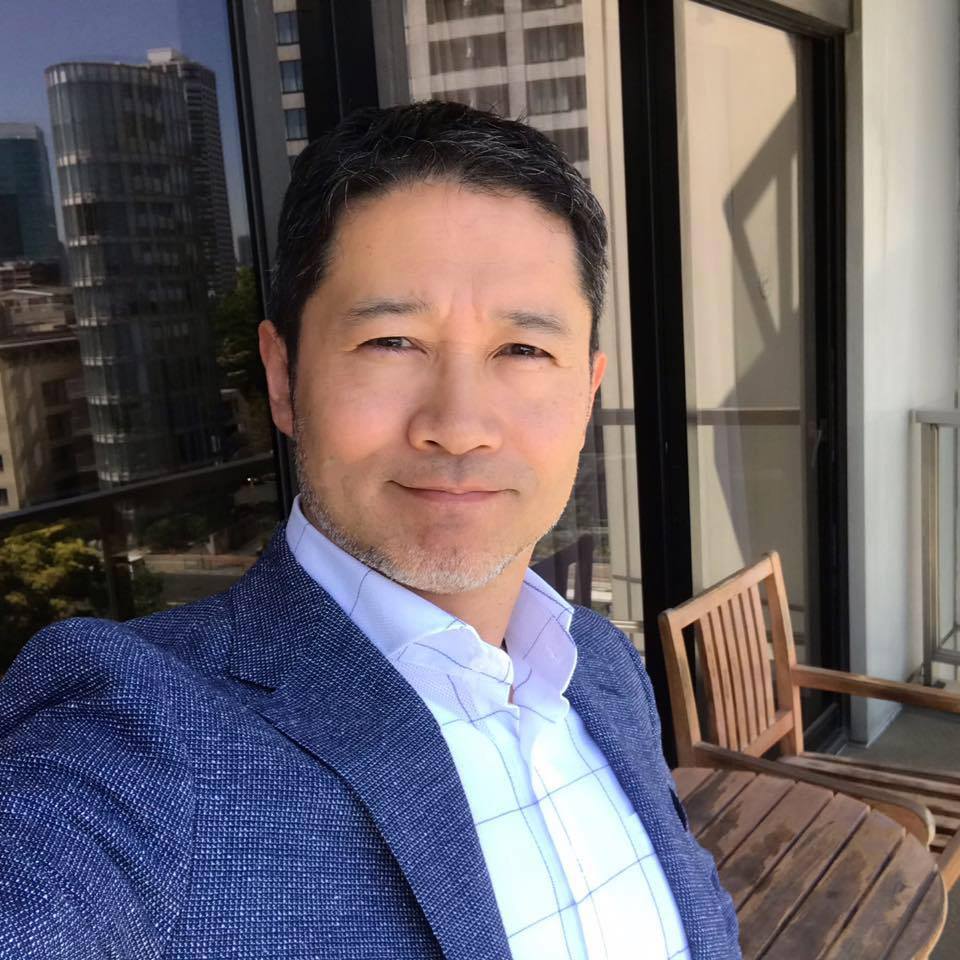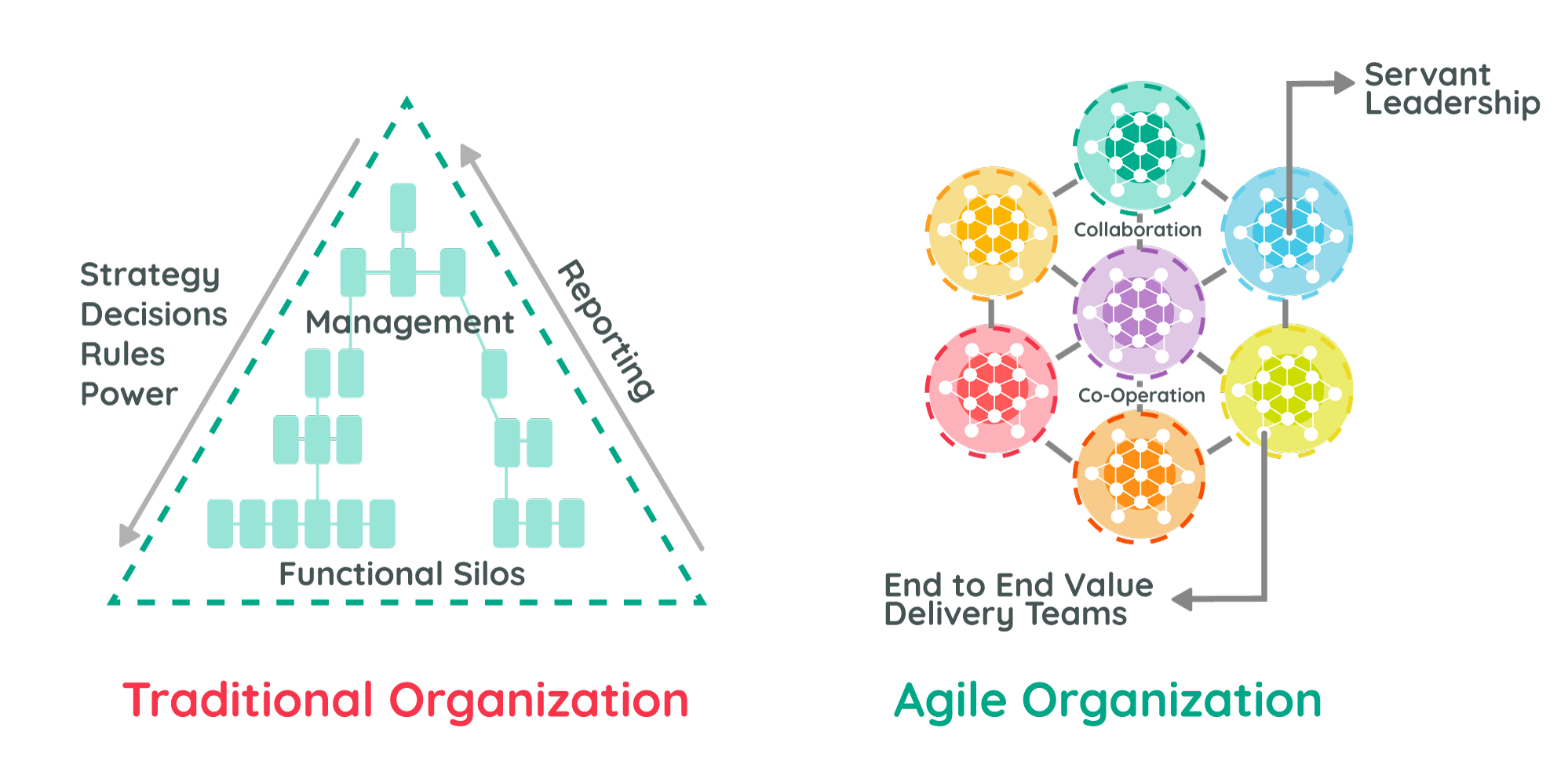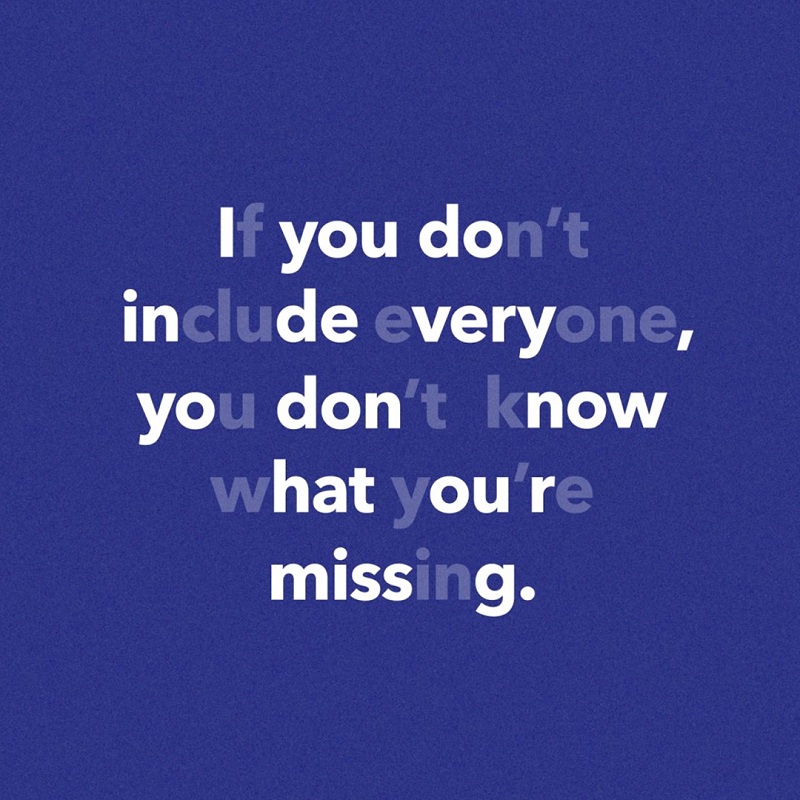What does leadership in today’s digital age look like? How should it evolve? What qualities are essential and how can leaders develop these competencies? The Nagaoka Review (NR) speaks with Fumiaki Tajiri (FT), an expert on communications leadership to get his insights on evolving leadership and the essential competencies that present future leaders must have to further empower others to lead.
Fumiaki Tajiri has been advising clients on leadership communications for more than 20 years.
NR: How do you lead with impact?
FT: We are used to think that leadership is all about charisma. However, this is necessarily true any longer.
Just being ‘charismatic‘ simply doesn’t suffice any more. Many people these days are increasingly focused on their own values and ego and they are no longer easily swayed by someone else’s charismatic talks.
When it comes to organizations, however, exploring the qualities of a good leader is still a current topic. Leadership has always been all about change and transformation. To my mind, there are two main groups of people we need to consider: those who distort realities and who bring about meaningful transformation (leaders) and those who are not concerned with change (administrators).
NR: How do these two groups of leaders differ from each other?
Those who belong to the first group understand empathy and they make full use of it in their work. Old-school leaders used to act as army generals. They used to share their sense of justice and instruct their subordinates throughout clear-cut hierarchical layers, while information was shared with each layer in a carefully orchestrated manner.
However, modern education, technology, the rapid democratization of information through various disruptive communication tools and social media have all contributed to the enhanced promotion of information sharing and, as a result, people are no longer waiting for information to be filtered in from top to bottom.
Traditional organizations that have hierarchical layers of management, employees, and information flow are not able to maximize digital agility. Photo Credit: ACM
NR: With information sharing as a characteristic of the digital age, how does this affect the ecology of leadership and management?
FT: Our talent today is more educated than it has ever been and is extremely analytical and critical of the information they receive. People have been educated into having their own ideas, values and ways of thinking. They are extremely suspicious of any kind of information that comes ‘from the top’.
What is interesting to observe, though, is that there are still a lot of business leaders, both in business and politics, who have not really understood that the world has changed. Empathy and compassion are the new must-have’s of the modern leader.
Unlike project management and other administrative competencies, though, these are much harder to train and to many legacy leaders, they do not resonate quite well.
”Needless to say, without sharply tuned empathy and compassion, it has become practically impossible to lead agile, critical and smart talent in our days.
Fumiaki TajiriCEO, WorldVoice Communications and President, LIKEART RESOURCES Inc.
Being able to understand is no longer enough. Being able to feel the way others do, being able to see issues from their points of view and share their agendas, being able to anticipate complex situations, issues and concerns from THEIR point of view and engage talent to overcome hardship and create new and meaningful realities is what is already expected of the modern leader.
NR: Where do you see these new and meaningful realities heading to?
NR: Leaders will have to find ways to create and sustain new and inclusive cultures, new platforms for all to feel safe, welcome and celebrated. Without creating such healthy environments, organizations risk losing on engagement and having to carry legacy, unengaged, and psychological redundant employees into the next century.
Photo Credit: Bloomberg
As a result of life-time employment being promised to many employees in Japan, an un-natural sense of entitlement, sacrifice, and victim delusion has been shared among employee groups and worker unions.
What people fail to understand is that unless they all create meaningful value for their clients and organizations, their business cannot be sustainable. Legacy leadership is mostly responsible for creating this illusion of “I will always be employed. The company owes it to me”.
These days more than ever before we need to remind everyone of the importance of empathy and compassion. Leaders need to know how to engage diverse talent towards the same goals in a highly empathic manner, while respecting their individual agendas and social backgrounds.
NR: Can you give examples on how leaders can develop these competencies?
1. Empathy and compassion can be developed though self-reflection and considerate behavior.
Leaders who talk about ‘we’ rather than ‘I’ are highly efficient in gathering everyone’s attention. They are indicating that they have stopped focusing on their own egos and that they are focused on engaging and developing others. This whole practice of empathy and compassion is all about shifting the focus from ‘self’ to ‘others’.
”Modern leaders are great communicators, having the mind of a strategist and the heart of a social psychologist.
Fumiaki TajiriCEO, WorldVoice Communications and President, LIKEART RESOURCES Inc.
2. Leaders need to constantly develop new sensitivities to different social and individual realities.
People are no longer moved only by numbers, but by internal desires to grow and to contribute to the world around. Nudging these desires into reality is what truly successful leaders manage to achieve today.
On the other hand, we also need to be careful not to end up being easily swayed away by everyone else’s viewpoints, ambitions and agendas. Leadership is not about pleasing everybody; rather, it is about achieving timely alignment for the purpose of organizational change and individual transformation.
3. Finally, design and master various communications that lead to action with impact.
Our people need to be led to action-taking, responsibility and ownership of projects voluntarily, rather than waiting to be instructed or educated by their managers.
This shift from ‘passive employment’ to action and ownership needs to happen fast. People are most frequently convinced by their own words. Having them saying things out loud, hearing themselves say what they are supposed to be doing is a powerful method of nudging behavioral change.













